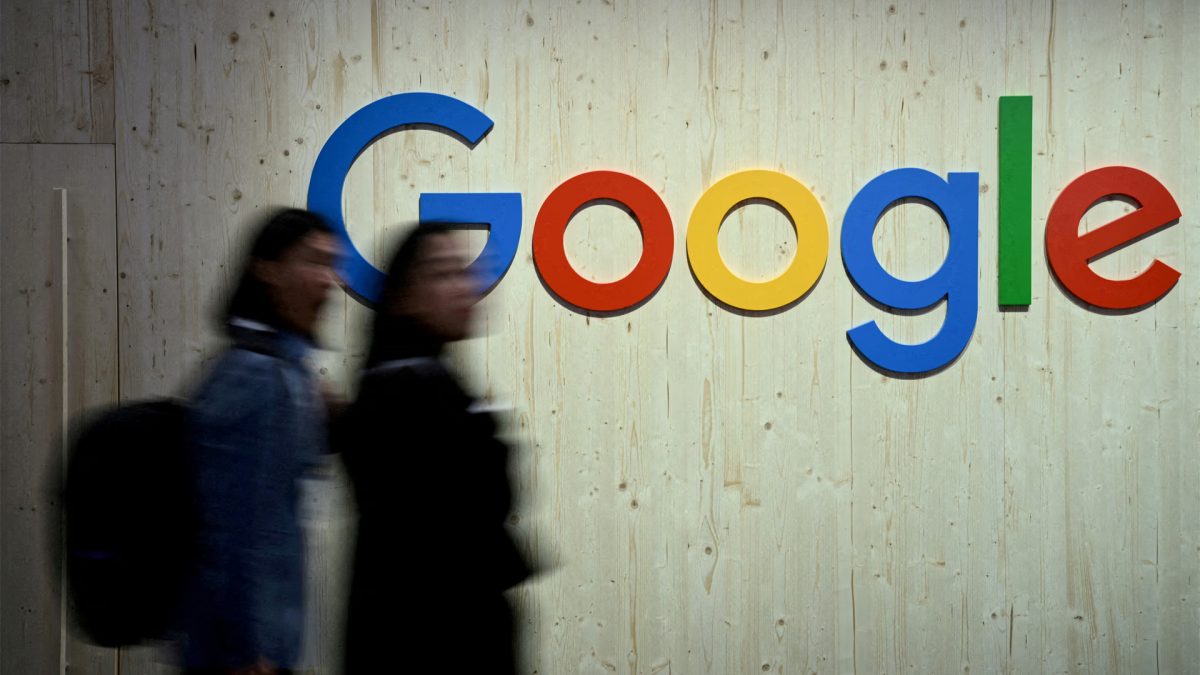Google has introduced a new AI tool designed to help biomedical researchers analyse data and develop innovative treatments. Acting as a virtual research assistant, the AI bot can process vast amounts of scientific information, offering insights and suggesting new approaches to complex problems.
The AI bot has already been tested by scientists at Stanford University and Imperial College London, with Google claiming it demonstrates advanced reasoning skills. It is capable of reviewing scientific papers and identifying potential breakthroughs, potentially accelerating medical discoveries.
AI’s expanding role in science
Artificial intelligence is rapidly making its way into professional fields, from handling customer service to supporting legal research. Now, AI is playing an increasing role in scientific research. Google’s AI division, DeepMind, has been at the forefront of this movement, and its CEO, Demis Hassabis, even won a Nobel Prize in Chemistry last year for AI-driven scientific advancements.
One of the AI’s most promising applications has been in liver fibrosis research, a condition that damages the liver. When tested, the AI proposed potential treatments, all of which showed promising results. Google believes that over time, the AI could refine these solutions, even surpassing initial human-generated proposals.
A tool to help scientists, not replace them
Google is keen to clarify that this AI isn’t meant to replace scientists but to assist them. Researcher Vivek Natarajan explained that the tool is designed to enhance collaboration by offering new insights and speeding up research. Rather than taking over the research process, the AI functions as an advanced assistant, helping scientists explore possibilities they might not have considered.
While the AI’s capabilities are still in their early stages, its potential to revolutionise medical research is clear. If further developments prove successful, it could become an essential tool for scientists tackling some of the world’s most challenging diseases.


)

)
)
)
)
)
)
)
)



